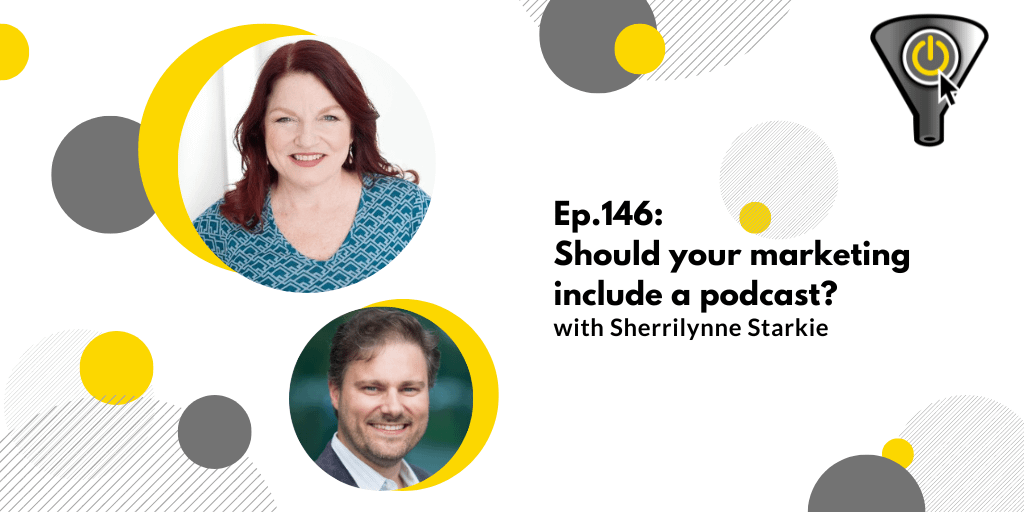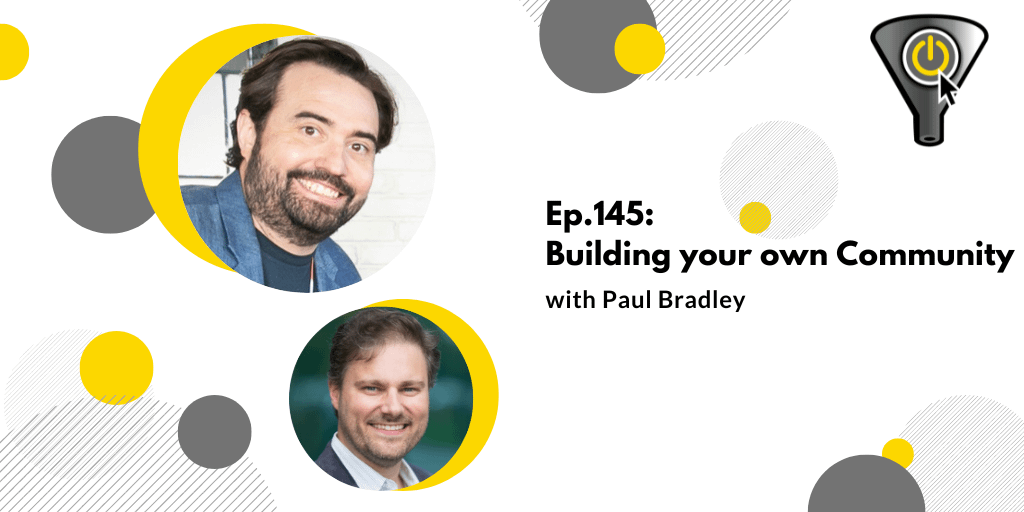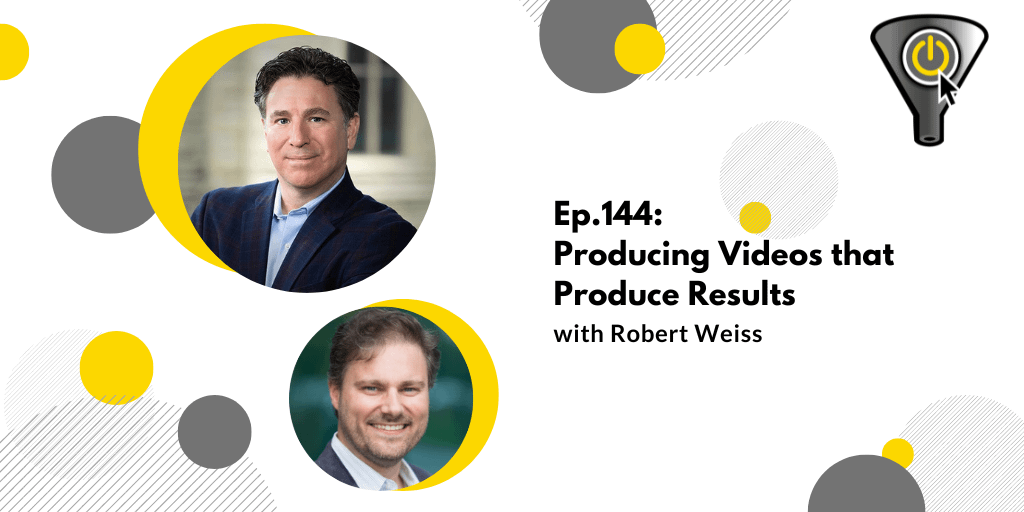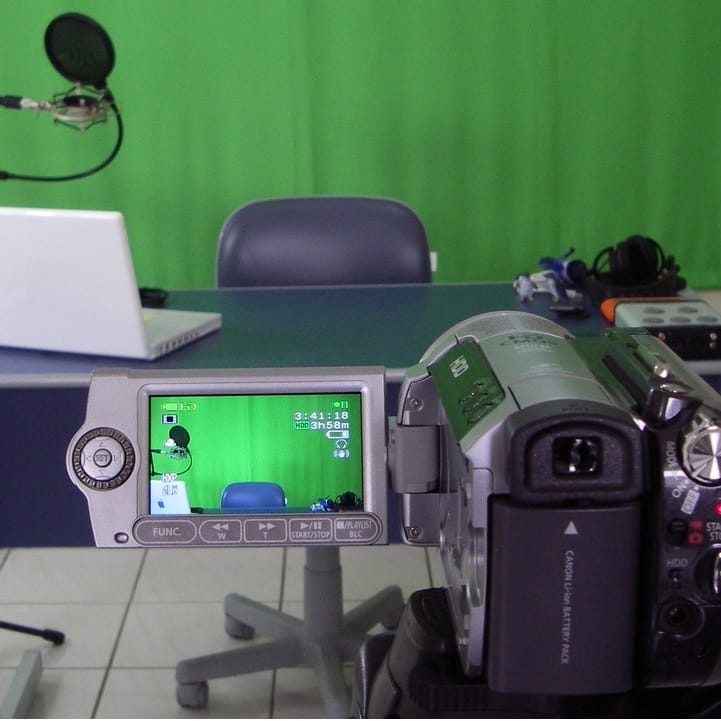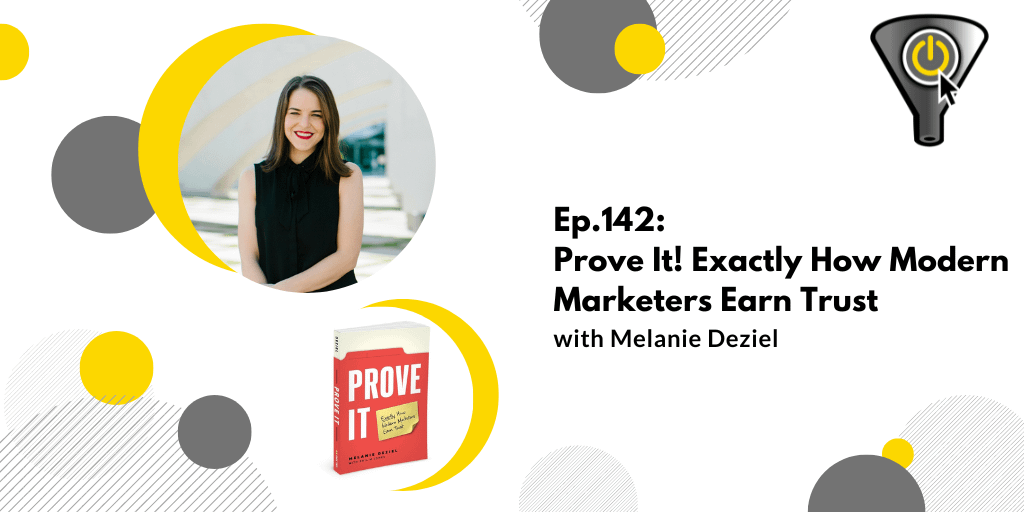The theme of these next few episodes are channels for getting our content out there.
The concept of marketing through a podcast is familiar to a high percent of marketers (for those listening to my show, it’s 100%), but it has some quirks that other channels don’t.
A key issue for those thinking about podcasting is the volume of shows that already exist. There are arguably over a million active shows on Apple Podcasts. Why would marketing in such a crowded field be a good idea?
While this isn’t a how-to on making a podcast, instead it aims to help you answer whether a podcast should be part of your marketing mix. We’ll talk about:
- Who makes a good podcast host and what makes a good theme for a show.
- What podcasting has in common with PR
- How to get a podcast discovered by your audience.
- Promotional options, from sponsored ads inserted into shows…to shows which are entirely paid promotion.
I brought someone on who sees podcasts from multiple perspectives; from the standpoint of a marketer and as a podcast host herself.
Sherrilynne Starkie is an award-winning digital communications consultant with more than
20 years experience working with private and public sector clients in Canada, Britain and
the USA. She has an international reputation as a social media innovator, is a prolific
blogger and podcaster and is an active community volunteer.
Her new podcast 50 Women Over 50 is a passion project in which she is interviewing
women past their 50th birthday to learn how they see the world, what lessons they’ve
learned and what advice they have for us all.
People/Products/Concepts Mentioned in Show
PESO model of media communications

